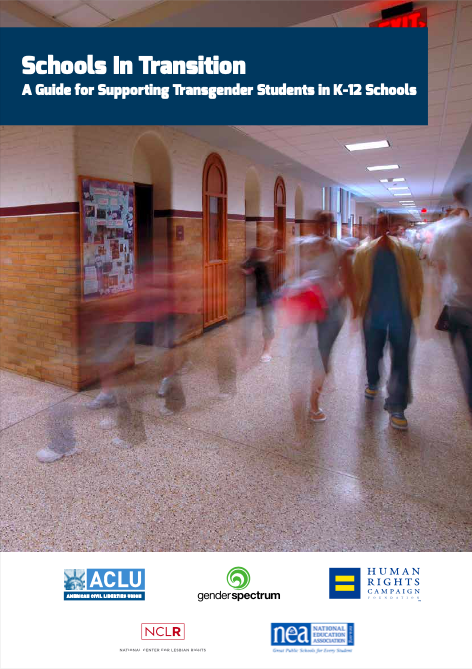The Impact of Sexuality Education on Healthcare Practices: Enhancing Diversity and Inclusion in the US
Sexuality education is playing an increasingly important role in improving healthcare practices across the United States. With a growing emphasis on diversity, inclusion, and patient-centered care, healthcare providers are recognizing the significance of comprehensive sexuality education. In this blog post, we explore how sexuality education, with its focus on diversity and inclusion, is positively transforming healthcare practices in the US.
Promoting Inclusive and Affirming Care
Sexuality education equips healthcare providers with knowledge and skills to provide inclusive and affirming care to patients of diverse backgrounds. By understanding the unique healthcare needs and experiences of different populations, including LGBTQ+ individuals, people with disabilities, and marginalized communities, healthcare professionals can tailor their services to meet the specific needs of each patient, fostering a more inclusive and respectful healthcare environment.
Addressing Health Disparities
Sexuality education addresses health disparities by raising awareness of the unique challenges faced by marginalized groups. By learning about the social determinants of health and intersectionality, healthcare providers can better identify and address systemic barriers that contribute to health disparities. This knowledge empowers healthcare professionals to advocate for equitable access to care, reducing disparities and promoting health equity.
Cultivating Empathy and Sensitivity
Comprehensive sexuality education fosters empathy and sensitivity among healthcare providers. By exploring topics such as consent, healthy relationships, and communication, healthcare professionals develop a deeper understanding of patient experiences and build stronger therapeutic relationships. This empathetic approach enhances patient trust, promotes open communication, and leads to improved health outcomes.
Navigating Cultural Competence
Sexuality education emphasizes cultural competence, enabling healthcare providers to navigate diverse cultural practices and beliefs related to sexual health. Understanding the influence of culture on attitudes towards sexuality and healthcare-seeking behaviors allows providers to deliver culturally appropriate care. By respecting and valuing cultural differences, healthcare professionals can create a safe and supportive environment for patients of all backgrounds.
Advancing Health Literacy
Sexuality education enhances health literacy by equipping individuals with accurate and evidence-based information about sexual health. By empowering patients with knowledge and skills to make informed decisions, healthcare providers help individuals take an active role in managing their health. This increased health literacy promotes preventive measures, early detection, and healthier behaviors, leading to better health outcomes overall.
Conclusion
Sexuality education, with its focus on diversity, inclusion, and patient-centered care, is making a significant impact on healthcare practices in the United States. By promoting inclusive and affirming care, addressing health disparities, cultivating empathy and sensitivity, nurturing cultural competence, and advancing health literacy, sexuality education is transforming the way healthcare is delivered. Embracing these principles can lead to more equitable, respectful, and effective healthcare practices that benefit patients of all backgrounds.






